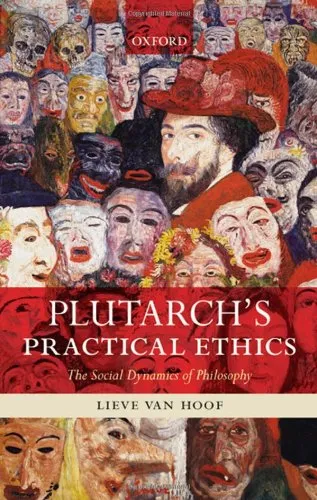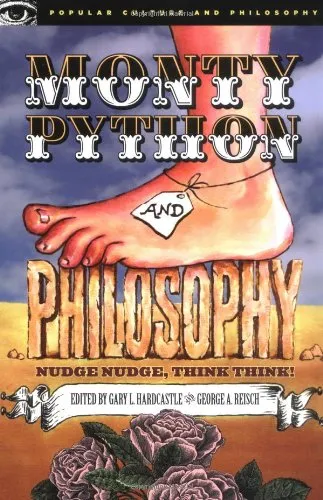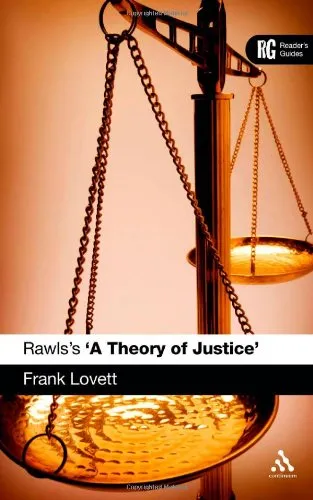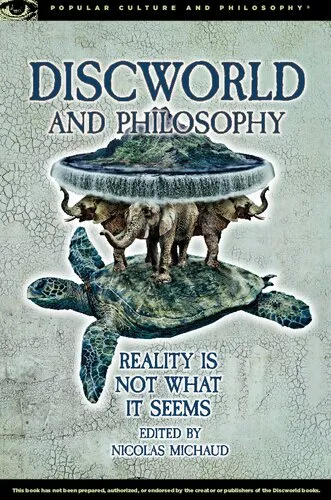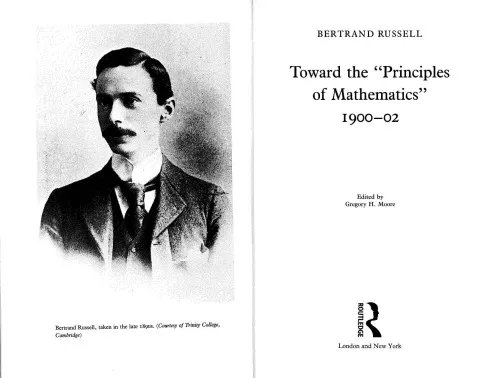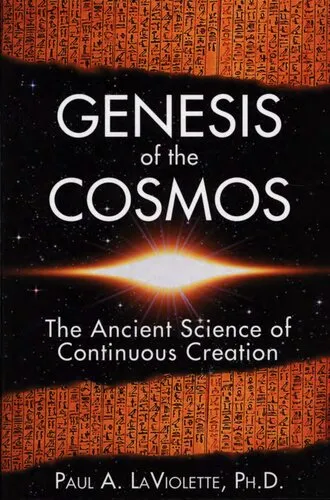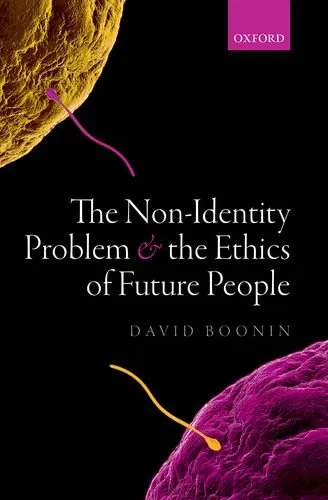Plutarch's Practical Ethics: The Social Dynamics of Philosophy
4.0
Reviews from our users

You Can Ask your questions from this book's AI after Login
Each download or ask from book AI costs 2 points. To earn more free points, please visit the Points Guide Page and complete some valuable actions.Related Refrences:
Introduction to "Plutarch's Practical Ethics: The Social Dynamics of Philosophy"
"Plutarch's Practical Ethics: The Social Dynamics of Philosophy" is a scholarly deep-dive into the works of Plutarch, one of the most significant philosophers and biographers of antiquity. Written by Lieve Van Hoof, this book examines how Plutarch’s philosophical guidance is deeply intertwined with the social dynamics of his time, positioning philosophy not merely as an abstract or theoretical pursuit, but as a practical tool for addressing life's challenges and reinforcing personal and societal harmony. By revisiting Plutarch’s ethical writings, this work sheds light on the practical application of philosophy to everyday life and its importance in fostering interpersonal relationships, citizenship, and moral reasoning.
Detailed Summary of the Book
Lieve Van Hoof’s meticulously researched book delves into the ethical treatises written by Plutarch, a Greek philosopher, and how they served as a means to mediate between personal values and public life in a competitive social setting. The text particularly highlights Plutarch’s emphasis on philosophy as a practice meant to cultivate virtues, offer practical resolutions to strife, and align individual conduct with communal expectations.
The book is structured around Plutarch's essays, revealing the situational contexts in which these writings were composed and circulated. Van Hoof illustrates how various essays, such as those discussing self-reflection, anger, and friendship, were tailored to address specific audiences and social contexts. Moreover, it becomes apparent that philosophy, in Plutarch’s hands, is a dynamic tool used to negotiate power, build relationships, and maintain harmony among peers and within communities.
Throughout the book, Van Hoof explores themes like the interplay between philosophy and politics, ethics and education, and the obligations of civic life. The central argument revolves around the idea that philosophy, for Plutarch, was not an isolated intellectual endeavor but a powerful force embedded in the fabric of social relations. The work not only analyzes Plutarch’s philosophical practices but also provides insights into the Greco-Roman cultural milieu, helping readers understand the cultural resonance of his teachings and their relevance for modern readers navigating similar ethical dilemmas.
Key Takeaways
"Plutarch's Practical Ethics" offers profound lessons that extend far beyond antiquity. Here are some key takeaways from the book:
- Philosophy is a practical endeavor meant to solve real-world problems and guide moral behavior.
- Plutarch emphasized self-growth and individual reflection as vital steps toward improving public and private life.
- Social harmony depends on understanding and mastering one’s emotions, such as anger, envy, and pride, while nurturing relationships like friendship and mentorship.
- The cultural dimensions of philosophy, especially in its interplay with politics and societal roles, cannot be overlooked.
- The communicative dimension of philosophy—how and why ideas are expressed to particular audiences—is just as important as the ideas themselves.
Famous Quotes from the Book
The following quotes from "Plutarch's Practical Ethics" illustrate the timeless relevance of the text as interpreted by Lieve Van Hoof:
"Philosophy is more than intellectual exercise; it serves as a mirror, reflecting one’s life struggles while refining virtues to face them with courage and wisdom."
"In a world rife with competition, philosophy offers a moral compass, helping individuals transcend their personal ambitions for greater communal good."
"The success of a philosopher is measured not by how well they articulate theories, but by how effectively they inspire actions in others and resolve real conflicts."
Why This Book Matters
"Plutarch's Practical Ethics: The Social Dynamics of Philosophy" stands out as an essential read for anyone who wishes to understand how classical philosophy can remain relevant in addressing modern ethical and personal dilemmas. Lieve Van Hoof’s detailed analysis of Plutarch’s writings portrays philosophy as a timeless tool for personal growth and societal balance.
The book is invaluable to scholars of philosophy, history, and classics, as well as to anyone interested in the interplay of ideas and human relationships. By reviving Plutarch’s unique blend of practical ethics and social engagement, the book resonates with readers seeking wisdom from antiquity that speaks directly to today’s challenges, such as navigating interpersonal conflicts, fostering meaningful relationships, and balancing personal aspirations with communal responsibilities. Ultimately, the work underscores the enduring importance of philosophy as a means of connecting individuals to their communities and to their better selves.
Free Direct Download
You Can Download this book after Login
Accessing books through legal platforms and public libraries not only supports the rights of authors and publishers but also contributes to the sustainability of reading culture. Before downloading, please take a moment to consider these options.
Find this book on other platforms:
WorldCat helps you find books in libraries worldwide.
See ratings, reviews, and discussions on Goodreads.
Find and buy rare or used books on AbeBooks.
1298
بازدید4.0
امتیاز0
نظر98%
رضایتReviews:
4.0
Based on 0 users review
Questions & Answers
Ask questions about this book or help others by answering
No questions yet. Be the first to ask!
